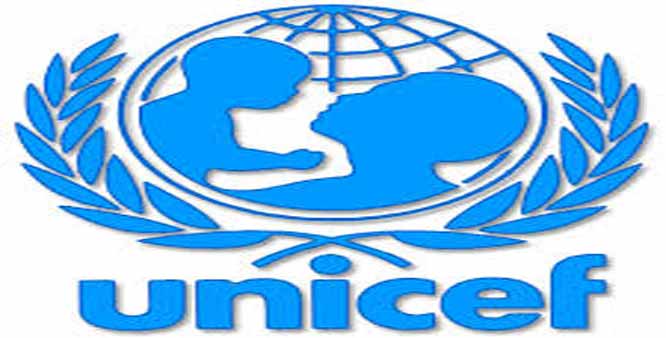The United Nations International Children’s Emergency Fund (UNICEF) has raised concerns that 1.3 million children under the age of five suffering from severe acute malnutrition could lose access to treatment due to declining funding.
Speaking at the Palais des Nations in Geneva, UNICEF’s Deputy Executive Director, Kitty van der Heijden, attributed the crisis to reduced international donor contributions, including a 90-day suspension of all foreign aid by the United States in January. The move, which took effect on the first day of President Donald Trump’s second term, has disrupted global humanitarian efforts, putting essential food and medical aid at risk.
Despite significant progress in combating child malnutrition over the last 25 years, Heijden warned that recent funding cuts threaten to reverse those gains. She noted that in 2024 alone, UNICEF and its partners provided services to 441 million children to prevent malnutrition, while 9.3 million received treatment for severe wasting.
During recent visits to Ethiopia’s Afar region and Maiduguri in Nigeria, Heijden witnessed firsthand the effects of the funding crisis, with nearly 1.3 million children at risk of losing access to life-saving treatment this year. She highlighted that in Afar, only seven out of 30 mobile health and nutrition units supported by UNICEF remain operational, limiting critical services such as vaccinations and treatment for malnourished children.
She further warned that unless new funding sources emerge, UNICEF could run out of Ready-to-Use Therapeutic Food (RUTF) for treating severe malnutrition as early as May. In Ethiopia, an estimated 74,500 children require treatment each month, while in Nigeria, 80,000 children could be left without essential supplies by the end of May.
Beyond emergency treatment, Heijden stressed the need for preventive measures, including breastfeeding support, micronutrient supplementation, and healthcare services to prevent malnutrition before it becomes severe.
With over 213 million children in 146 countries expected to require humanitarian aid in 2025, UNICEF urged governments to act swiftly to prevent worsening conditions. Heijden emphasized that investing in children’s survival is not just a moral obligation but an economically sound decision for governments worldwide.




